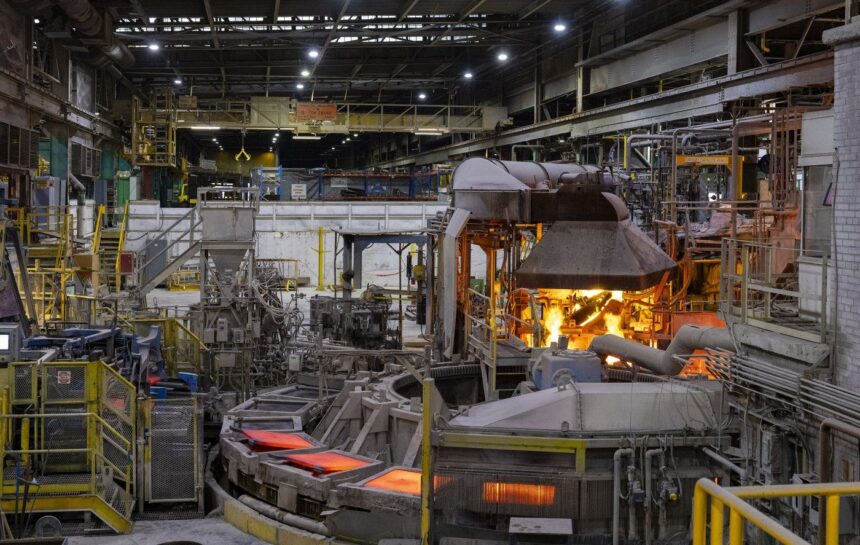In a defiant response to former President Trump’s newly imposed copper tariffs, British Columbia Premier David Eby declared the province “well-positioned” to weather the economic storm, emphasizing the region’s diversified trade relationships beyond the United States. The surprising 25% tariff on Canadian copper imports announced Tuesday has sent ripples through B.C.’s mining sector, which accounts for over $13 billion in annual exports.
“While we certainly didn’t welcome this news, British Columbia has spent years developing alternative markets for our resources,” Premier Eby told reporters at a Vancouver press conference. “Our strategic trade missions to Japan, South Korea, and emerging Southeast Asian economies are paying dividends at precisely the moment we need them.”
The tariffs, implemented under what the Trump administration calls “national security concerns,” target one of Canada’s most valuable mineral exports. British Columbia, as the country’s largest copper producer, stands to lose an estimated $800 million in direct export value according to preliminary analysis from the B.C. Ministry of Energy and Mines.
Mining industry representatives expressed measured concern while supporting the Premier’s position. Kendra Williams, CEO of the B.C. Mining Association, noted: “This creates immediate challenges for operations that have built their business models around North American integration, but we’ve been actively diversifying our customer base since the previous round of trade tensions. Asian markets are particularly hungry for our high-grade copper concentrates.”
Economic experts point to broader implications beyond immediate trade disruption. “The timing couldn’t be more complicated,” explains Dr. Harjit Singh, economics professor at the University of British Columbia. “Global demand for copper is surging due to clean energy transitions and electrification. This tariff essentially redirects Canadian copper to other markets at a time when U.S. manufacturers will face higher prices and potential supply constraints.”
Federal officials have already initiated consultations under CUSMA (formerly NAFTA) dispute resolution mechanisms, arguing the tariffs violate the trade agreement’s core provisions. International Trade Minister Mary Ng characterized the measures as “unjustified and potentially illegal under both CUSMA and WTO rules” in a statement released yesterday.
Meanwhile, B.C.’s provincial government has activated its Trade Response Unit, a specialized team established after previous trade disputes involving softwood lumber and aluminum. The unit coordinates support for affected companies and workers while exploring market alternatives.
“We’re not sitting idle,” Premier Eby emphasized. “We’ve allocated $12 million in emergency transition funding to help copper producers adjust export channels and maintain production levels. Our message to Washington is clear: these tariffs hurt American consumers and manufacturers while merely redirecting our resources to eager buyers elsewhere.”
The copper dispute highlights growing economic nationalism affecting traditional trading relationships across North America. For B.C. communities dependent on resource extraction, such as Kamloops and Williams Lake, economic diversification efforts have become increasingly urgent.
Regional leaders in mining-dependent communities expressed cautious optimism about weathering the storm. “We’ve been through trade battles before,” noted Williams Lake Mayor Surinderpal Rathor. “Our copper operations have contingency plans in place, though we’re certainly concerned about potential production adjustments in the coming months.”
As British Columbia navigates this latest trade challenge, questions remain about the long-term trajectory of Canada-U.S. economic relations. Will these tariffs represent a temporary negotiating tactic or signal a fundamental shift toward economic nationalism that reshapes North American supply chains for generations to come?























